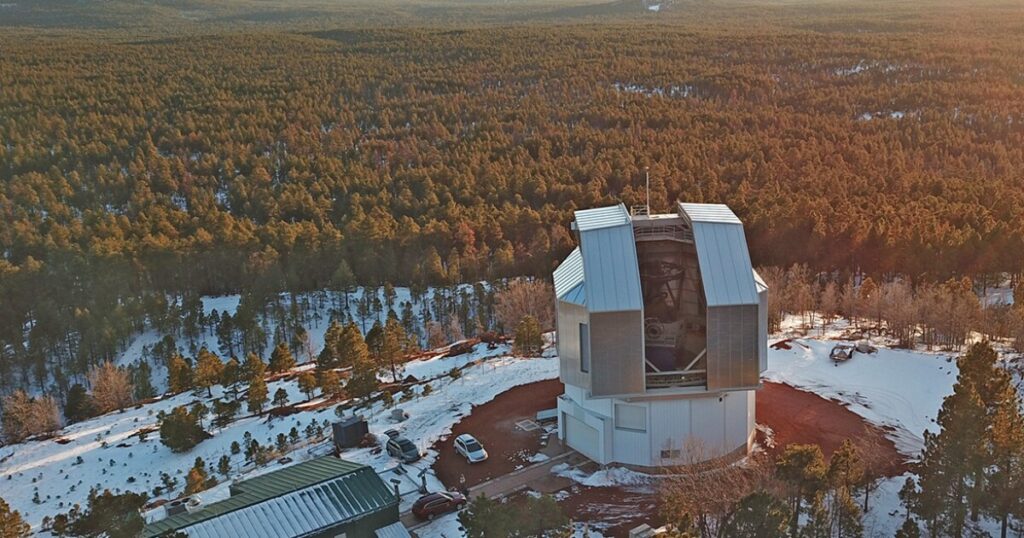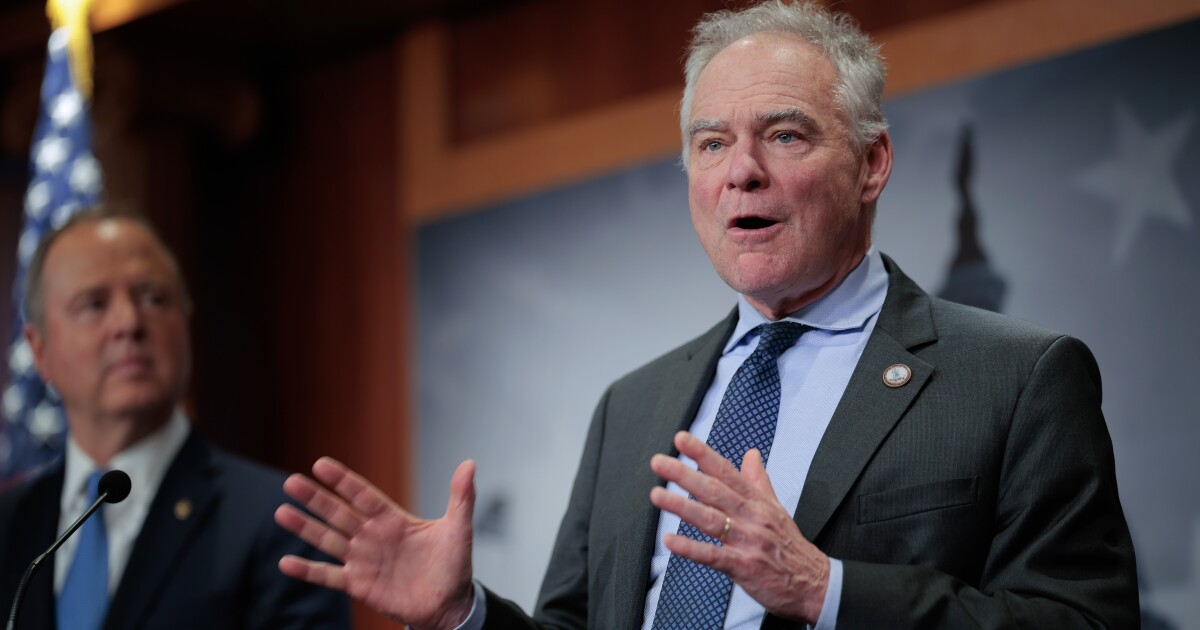Lowell Observatory Faces Major Changes Amid Financial Challenges
Lowell Observatory, a renowned institution for astronomical research, is undergoing significant restructuring due to financial difficulties. These changes, announced recently, suggest a sharp reduction in research funding and staffing, leading to concerns about the future of its scientific endeavors.
Plans have been unveiled to scale back the number of full-time research positions to just two funded roles by the next year, a considerable decrease from the current team of about 12 astronomers. These scientists traditionally enjoyed tenure, ensuring a salary independent of grant funding, but this model is set to be overhauled.
Kevin Schindler, a spokesperson for the observatory, expressed the difficulty of the situation: “Times like this are really tough, especially when it involves people that you care about and you’ve worked with and that are such great contributors to science.”
The financial strain, which has been building over years, has been exacerbated by the costs associated with the Lowell Discovery Telescope, a $50 million project completed in 2012. Schindler also noted an anticipated decline in federal grant funding.
To manage day-to-day operations, Lowell has been drawing from its original endowment, which Schindler explains is no longer a viable option: “The cost of doing research, that doesn’t lessen. That goes up like everything else with inflation. We can’t rely on Percival Lowell’s endowment to help fill the gaps anymore. We’re a nonprofit organization, but we still have to pay the bills.”
The observatory has already reduced its workforce from 155 to 135 over the past year by leaving positions unfilled. Further changes are expected as staff are informed they must secure external grants to continue their work, even to cover their salaries.
Gerard van Belle, the former director of science at Lowell, resigned last month following these announcements. He predicts that the changes may lead to the departure of most researchers within a year. “I really couldn’t in good conscience continue to be director of science at an institution that was starting to turn away from science, and that there actually is maybe not even so much of a need for a director of science if there are no scientists,” van Belle said.
Van Belle emphasized the importance of institutional support for pursuing innovative research: “Tenure helps you to pursue dangerous ideas. Galileo needed tenure.”
Despite these challenges, Lowell Observatory intends to maintain partial funding for two specific research areas: planetary defense and exoplanets. The management is also developing strategies to support long-term research sustainability.
Schindler reaffirmed the observatory’s commitment to science: “We’re not gonna stop doing science, but we’re going to have to step back on it for a while until we can rebuild a sustainable model for how to fund it.”
For more details on the observatory’s plans, visit Lowell Observatory’s official announcement.
Editor’s note: Lowell Observatory has been a financial supporter of KNAU.
—
Read More Arizona News










